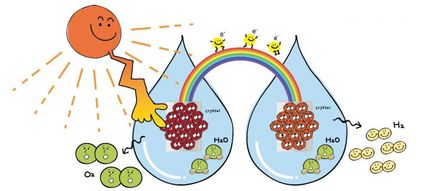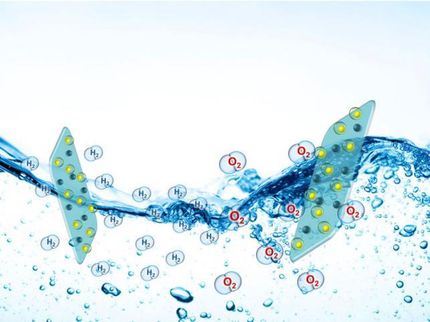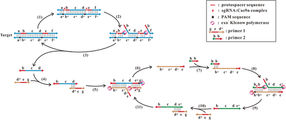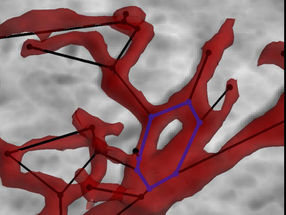Study highlights sustainable footprint of chemical companies
Global chemical companies could release at least one billion Euro in cash flow if they increase their sustainability performance. The claim has been made following an international study which assessed the sustainability performance of nine global chemical companies in monetary terms. Entitled Sustainable Value Creation by Chemical Companies, it has been published by a European research team including academics from Queen’s University Management School in Belfast.
The study identified significant differences in the sustainable performance of chemical companies. It showed the leading companies, Air Liquide and BASF, using their resources up to five times more efficiently than their competitors. In 2007, this meant that both Air Liquide and BASF companies created a sustainable value of around one billion Euro, creating around one billion euro more cash flow than their competitors on average would have created with the same amount of resources. Correcting these results for company size, Bayer, which uses its resources 1.2 times more efficiently than its competitors on average, catches up with BASF.
Among the resources assessed in the study were total assets, water use, chemical oxygen demand of waste water, hazardous waste creation, emissions of greenhouse gases and volatile organic compounds, as well as acidification potential. Social indicators such as number of employees and accidents were also included in the assessment. The analysis is based on the financial, environmental and social data reported and published by the companies themselves.
The study calculated each company’s sustainable value – the first monetary assessment of corporate sustainability performance for chemical companies which takes into account financial, environmental and social resources.
Only the French industrial gas producer Air Liquide outperforms Bayer and BASF in terms of resource efficiency, using its resources 1.7-times more efficiently than its competitors on average.
At the bottom of the ranking is the US company Dow Chemical (DOW). In 2007 DOW used its resources only half as efficiently as the competitors on average and created a negative sustainable value of -2.2 billion Euro. Like DOW, DSM and AKZO were not able to generate a positive sustainable value in any of the years assessed. Other companies studied include Du Pont, Reliance and Shell Chemicals.
The sustainable value approach was developed by Professor Frank Figge of Queen’s University Management School Belfast and Dr Tobias Hahn of Euromed Management School Marseille, who authored this study with researchers from the Institute for Futures Studies and Technology Assessment in Berlin.
Professor Figge explained: “Sustainable value is created when a company uses its resources more efficiently than the market average.
“Companies have highly developed tools to measure their use of the resource economic capital. The sustainable value approach now allows them to measure the use of their environmental and social resources in economic terms.
“The study shows that there are significant differences between the sustainability performance of the different chemical companies. Our study shows in which areas the companies outperform compared to their peers and where they are lagging behind.
“In comparison to other studies looking at the sustainability performance of this sector, our study looks at the ‘real’ performance, which considers environmental and social impacts.”
Professor Figge added that the approach was similar to the methods used by financial analysts to compare data on companies.
“Previous studies have often looked at qualitative indicators and have used intransparent weighting of the different criteria. Our study is based on economic theory and provides companies with an unprejudiced assessment of their performance. The results can be used by companies to find out where they stand compared with their peers and also to identify the individual strengths and weaknesses of their performance.”
























































